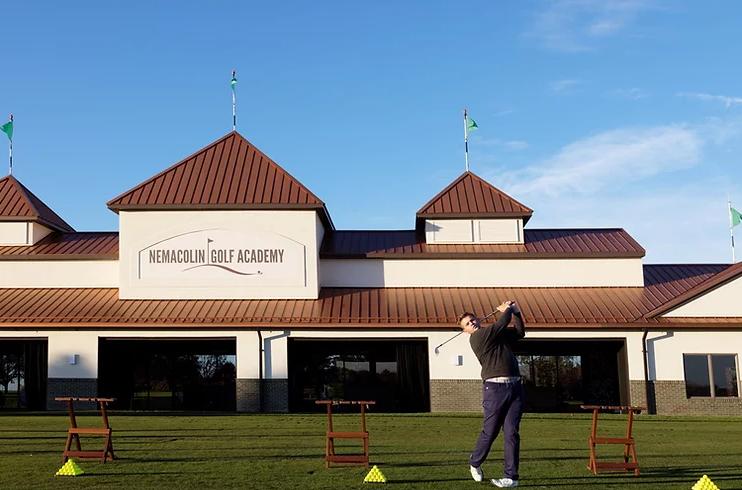What It Means to Act in Self-Defense?
Self-defense is a fundamental
concept in law and ethics, rooted in the instinctual human drive to protect
oneself from harm or danger.
It represents the right to act to
prevent or mitigate a threat. But what does it indeed mean to act in
self-defense, and under what circumstances is it legally and morally
justifiable?
Today, Cherron Rountree explains
the concept of self-defense from legal and ethical perspectives.
Defining Self-Defense
Legal Perspective: In
law, self-defense refers to using force or actions to protect oneself from an
immediate threat or harm. The key elements that generally define self-defense
in a legal context include:
- Imminent Threat: There must be an
imminent threat of harm or danger. In other words, the threat must be
immediate and unavoidable.
- Proportional Response: The force used
in self-defense should be proportionate to the threat. Excessive force can
negate a self-defense claim.
- Reasonable Belief: The person claiming
self-defense must have a reasonable belief that their actions are
necessary to protect themselves. This reasonable belief is often assessed
from the perspective of a good person in the same situation.
Ethical Perspective: Ethically,
self-defense is a nuanced concept. It involves preserving one's life and
well-being while considering the ethical principles of proportionality and
necessity. Acting in self-defense should be a last resort, used only when there
are no other viable alternatives to ensure personal safety. At most, it should
be what is necessary to neutralize the threat.
The Castle Doctrine and Stand Your Ground Laws
Cherron Rountree says that the
legal interpretation of self-defense can vary significantly between
jurisdictions. In some places, Castle Doctrine laws generally allow individuals
to use force to defend their homes or "castles" without a duty to
retreat. In contrast, Stand Your Ground laws remove the duty to withdraw from
any location, not just one's home, in the face of a perceived threat.
These laws have sparked extensive
debate and scrutiny, as they can influence how self-defense is applied in
real-life situations. The interpretation of such laws can lead to varying
outcomes in cases involving self-defense.
The Use of Deadly Force
Self-defense can involve using
deadly force when someone believes their life is in immediate danger. However,
this is often subject to stricter legal scrutiny. Most jurisdictions require a
reasonable belief that such force is necessary to prevent imminent death or
great bodily harm.
The Duty to Retreat
In some jurisdictions, there exists
a "duty to retreat" concept. It means that individuals are legally
obligated to attempt to avoid or escape from a dangerous situation before
resorting to force. However, in areas with Stand Your Ground laws, this duty
may not apply.
The Burden of Proof
In legal cases involving
self-defense, the burden of proof typically rests on the prosecution. They must
demonstrate that using force was not justified as self-defense. It places a
significant responsibility on the prosecution to disprove self-defense beyond a
reasonable doubt.
Conclusion: Balancing Legal Rights and Ethical Values
According to Cherron Rountree,
acting in self-defense is a complex concept that combines legal rights and
ethical values. It involves preserving one's safety while respecting the
principles of proportionality and necessity.
Understanding the legal
parameters of self-defense in a specific jurisdiction is crucial, as it can
vary significantly. Ultimately, the key is to balance personal safety and the
moral obligation to minimize harm to others, using force as a last resort when
there are no other viable alternatives.









Comments